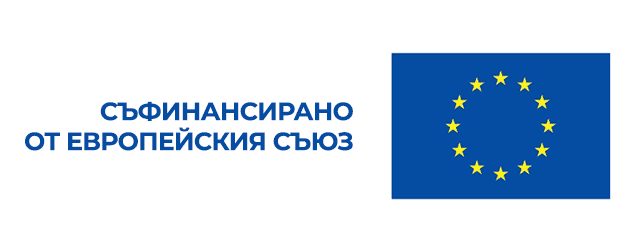Exhaled Hydrogen and Neutrophil Function in Japanese PopulationScientific Research
original title: Relationship between exhaled hydrogen and human neutrophil function in the Japanese general population
DOI: https://hirosaki.repo.nii.ac.jp/?action=pages_view_main&active_action=repository_view_main_item_detail&item_id=4089&item_no=1&page_id=13&block_id=21-
Abstract:
We examined the relationship between the amount of exhaled hydrogen and neutrophil ROS production to investigate the effect of hydrogen on oxidative stress at normal state among the general population comprising subjects who had participated in ‘The Iwaki Health Promotion Project in 2007’, which was held in the Iwaki area, Hirosaki-city in Aomori prefecture in northern Japan. Subjects with diabetes mellitus (diagnosed by a medical doctor), malignant tumors, immune disorders or those who were pregnant at the time of the study, taking antimicrobial drugs, anticancer medication or hormones were excluded from the study, and a total of 656 subjects (252 males and 404 females) were finally enrolled. Smoking habits, alcohol use, exercise habits and HbAlc were surveyed. A positive correlation was seen between exhaled hydrogen concentration and total reactive oxygen species production in stimulated neutrophils in subjects less than 60 y.o. (p<0.05), but such a trend was not seen in other age groups or in female subjects. In conclusion, levels of body hydrogen as an antioxidative substance were suggested to have increased as a response to increased production of ROS by neutrophils as mechanisms against oxidative stress.





